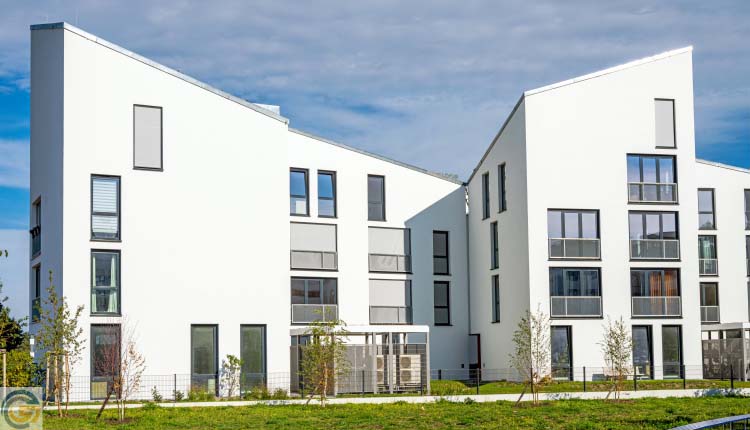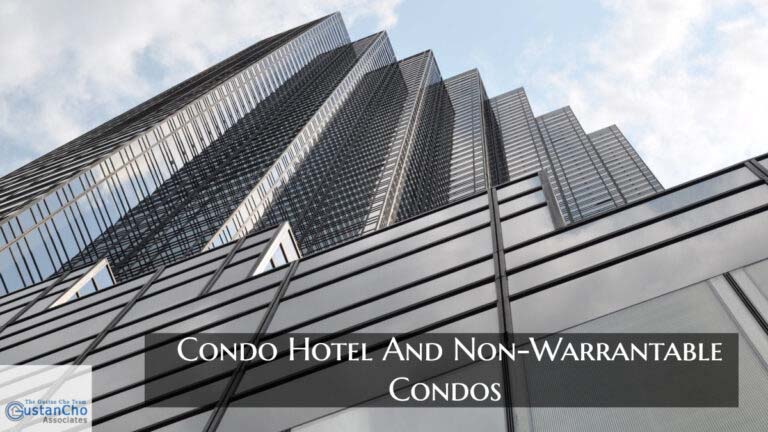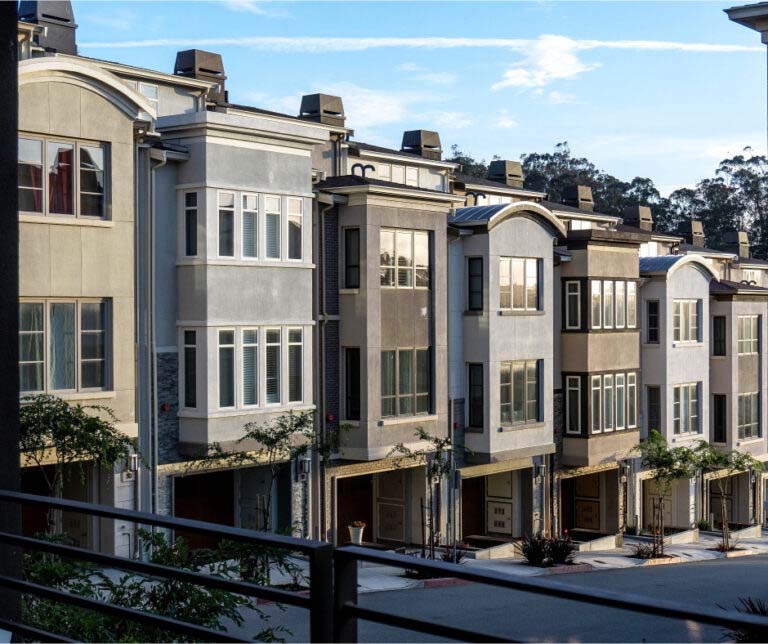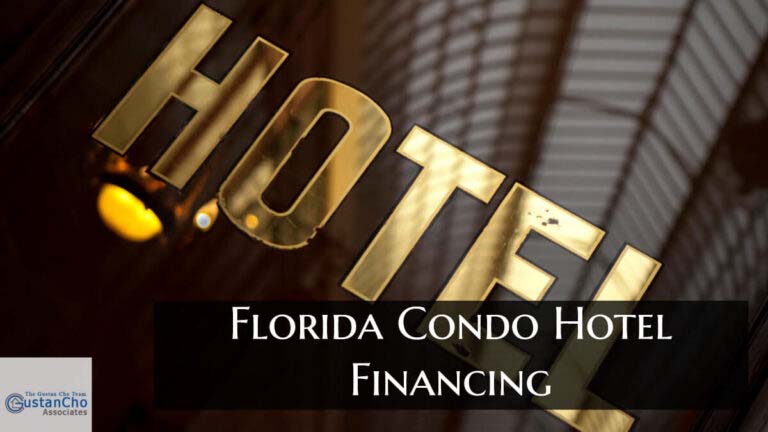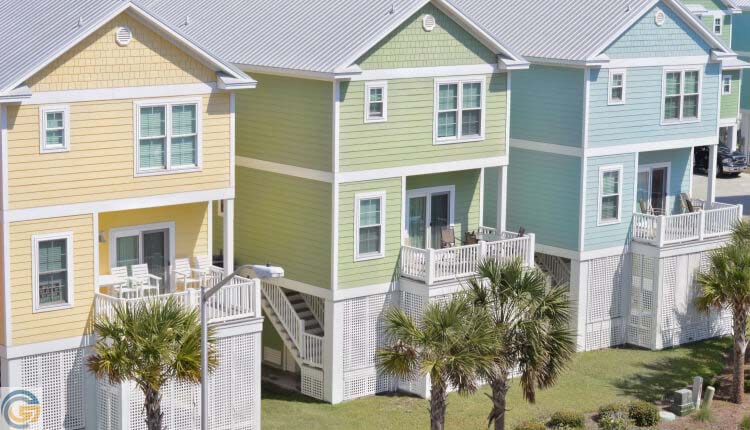Condominium Mortgage Loans And Lending Guidelines
This Article Is About Condominium Mortgage Loans And Lending Guidelines
Condominium mortgage loans are considered riskier investments by lenders versus single-family homes. In the mortgage world, lenders will charge loan level pricing adjustments (LLPA) whenever there is a higher risk. LLPAs are charged on lower credit score borrowers, higher debt to income ratio, property types, manual underwriting, condos, investment properties, and other risk factors the lender has. Therefore, mortgage rates are higher in condos versus single-family homes. The entire condo complex is underwritten and scrutinized when underwriting a borrower who is qualifying for a condo loan. This holds true regardless of how strong the borrower is and/or how much down payment the condo buyer will put down as the down payment.
Popularity Of Condominiums
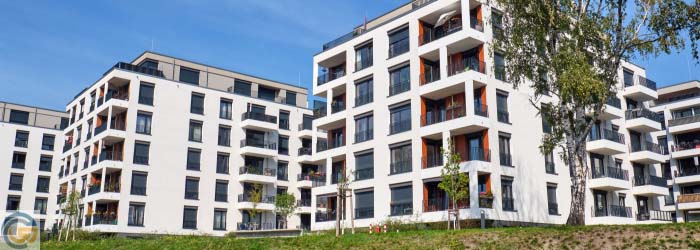
Condominiums are increasingly becoming very popular. This holds true for young professionals, millennials, single parents with a hectic schedule, and seniors who want a maintenance-free living. Condo owners do not have to worry about maintenance, landscaping, or leaving their condos vacant if they travel for extended periods.
Many first-time homebuyers think that getting condominium mortgage loans are easier and require less money and their monthly mortgage payments will be less. That is not correct. There are many benefits to owning a condominium. However, condominium mortgage loans are much tougher to qualify than loans on single-family homes. Condos are great because it does not require a lot of maintenance a single-family home requires.
Benefits Of Condo Ownership
Many condominium complexes also offer luxury amenities such as the following:
- in house gym
- racketball court
- tennis court
- clubhouse
- indoor/outdoor pools
- on-site dry cleaners
However, all of these amenities come with a hefty price tag called homeowners association dues:
- Homeowners Association Dues or HOI is monthly mandatory charges that are collected to cover these amenities and maintenance of the common areas
- HOI is another form of tax that condominium unit owners need to pay for the upkeep of the condo complex
Lenders view condominium mortgage loans as riskier than loans on single-family homes.
Underwriting Guidelines On Condominium Mortgage Loans

Unlike single-family homes, there are two phases of underwriting when it comes to condominium mortgage loans. The first stage is that the mortgage loan applicant needs to be qualified and pre-approved. The second stage is that the condominium project needs to meet mortgage guidelines. With a single-family home, the process is straightforward where the lender orders the home appraisal and goes off the appraisal report with regards to value and condition. It is quite more complicated when it comes to financing a condominium unit.
How Mortgage Underwriters Process Condominiums
The following is what lenders require to process and underwrite condominium mortgage loans:
Condominium documents:
- All condominium homeowners associations are set up by an official legal agreement
- The condominium documents will need to be reviewed by the lender
Overall condominium occupancy rate:
Lenders require a percentage of owner-occupant condo units versus the percentage of investment condo units in the project:
- To be classified as a warrantable condo
- To be eligible as a warrantable condo on conforming loans, there needs to be at least over 50% owner-occupant units
Financials of the condominium project:
Depending on what the Automated Underwriting System requires, there are two types of reviews:
- Full financial review
- Limited financial review
- Those condo unit buyers putting less than 20% down payment on a condo purchase, a full financial review will most likely be required
- Full Reviews is where the lender needs to see the full financials of the condo association finances
This includes the following:
- reserves
- delinquencies
- pending litigation
- building violations
- foreclosures in the condo project
- other financials of the whole condominium project
FHA Condominium Mortgage Loans
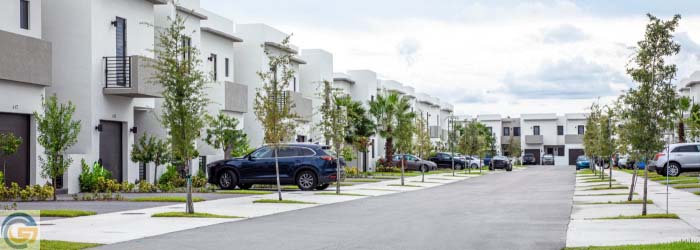
Home Buyers can purchase a condominium with an FHA-insured mortgage loan with a 3.5% down payment. In general, the condominium building and/or complex needs to be FHA approved condo complex. If the condominium complex is not HUD-approved, the only alternative in buying the condo is through conventional loans or a portfolio loan. A non-FHA condo complex can become FHA-approved. In order to be HUD-approved, the condo association needs to apply and pay the proper fees.
For a non-FHA-approved condo complex to become FHA-approved, the condominium complex needs to have at least 50% or more owner-occupied units. Not more than 15% of the condo units in the condominium complex can have the condo association dues be in arrears for more than 30 days. Also, the maximum amount of units in the condo complex that can have FHA-insured mortgage loans is capped at 30% of the total condo units.
2021 HUD-CONDO UPDATE:
HUD now allows condos in a non-HUD-APPROVED condo complex to be eligible for FHA SPOT LOANS. What this means is HUD will make exceptions in getting a condo unit in a non-HUD-APPROVED condo complex eligible for FHA financing.
Condo home buyers needing to qualify for condominium mortgage loans with a direct lender with no overlays on government and conventional loans, please contact us at Non-QM Mortgage Lenders at 800-900-8569 or text us for a faster response. Or email us at gcho@gustancho.com.

